|
|
|
Editor's note
|
|
For a country that’s been widely touted for its advances in press freedom, Ghana’s constitution still allows certain state institutions to hinder journalists’ rights. Jacob Nyarko examines the journey of the country’s media from operating under military rule to navigating a constitutional environment that is still hostile to journalists.
The office of the Public Protector is a key institution in protecting South Africa’s constitutional democracy. But the office has become mired in controversy under the current incumbent, Busisiwe Mkhwebane. Some of her findings have been overturned by the country’s courts, including a recent judgment against her by the Constitutional Court. Theunis Roux explores the implications.
Sanitation systems are vital for human health. But hundreds of millions of people still lack access. In today’s episode of Pasha, Becky Sindall discusses the role of sensibly designed toilets can improve the situation.
|
Godfred Boafo
Commissioning Editor: Ghana
|

|
|
Top Stories
|
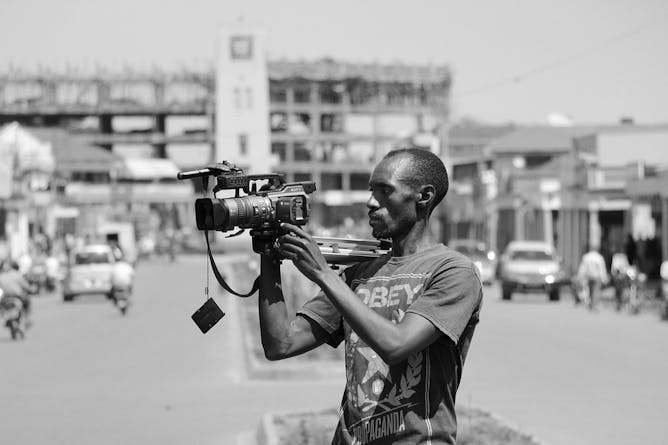
A journalist at work with his camera.
Wikimedia Commons
Jacob Nyarko, University of Cape Coast
The state in Ghana still justifies taking steps that amount to suppression of the media.
|
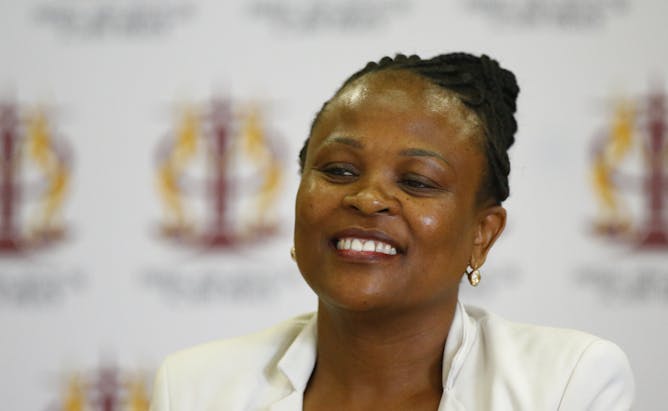
South Africa’s Public Protector, Busisiwe Mkhwebane.
EPA-EFE/Nic Bothma
Theunis Roux, UNSW
In this case, the appropriate conclusion about the Constitutional Court's finding against the Public Protector is that there's much to be comforted by.
|
Arts & Culture
|
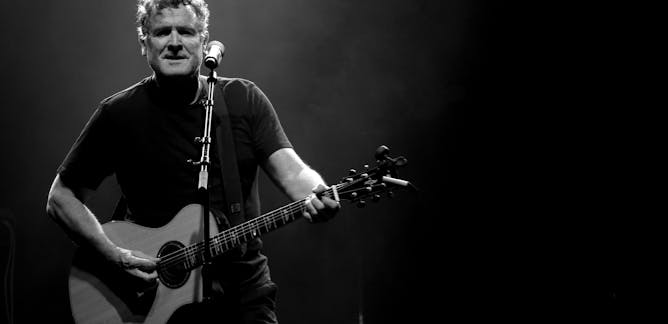
David Coplan, University of the Witwatersrand
Johnny Clegg was a prophet, even if the ideal future he prophesied has not yet come to pass.
| |
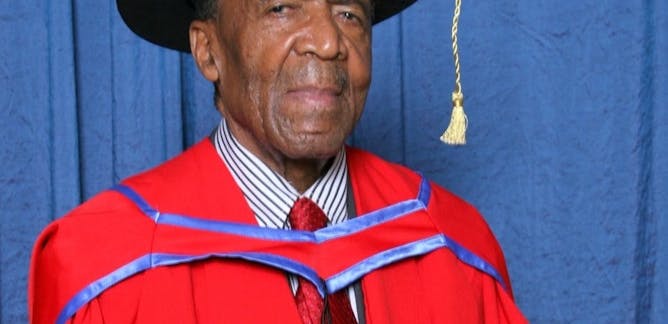
Ruth Simbao, Rhodes University
Deeply influenced by Steve Biko and the Black Consciousness Movement, artist David Koloane, who died on 30 June 2019, believed that artists have a right to define their own work.
|
|
|
Podcast
|
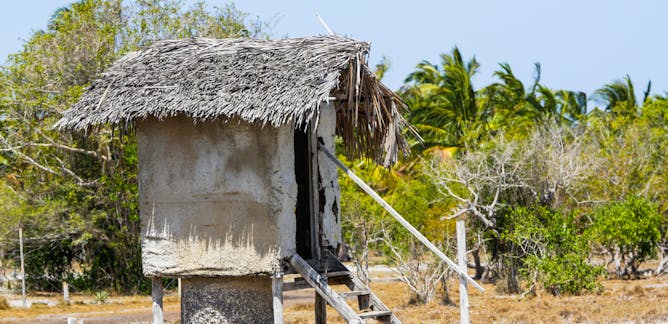
Ozayr Patel, The Conversation
Technology is only part of the solution to giving people access to sanitation.
| |
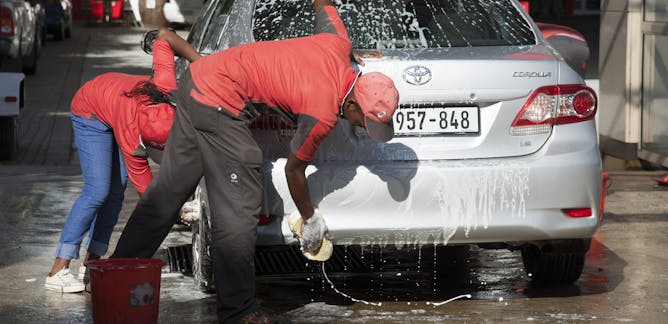
Ozayr Patel, The Conversation
In South Africa, it is possible to be employed and still poor.
|
|
|
From our international editions
|
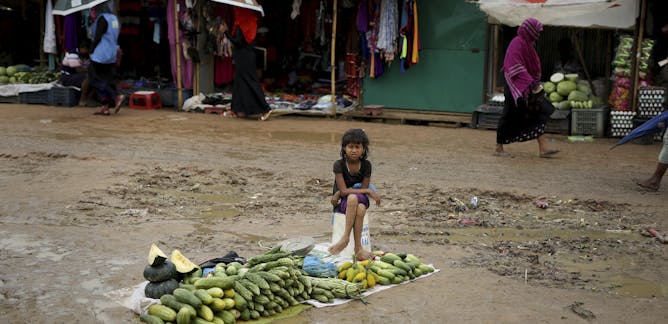
Rubayat Jesmin, Binghamton University, State University of New York
An estimated 500,000 Rohingya children, refugees from Myanmar, are growing up in Bangladesh in overcrowded camps with no access to formal education.
| |
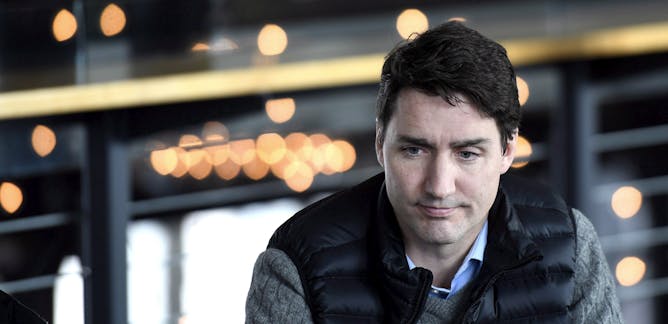
Ahmed Al-Rawi, Simon Fraser University; Yasmin Jiwani, Concordia University
An examination of the Twitter activity after the Québec mosque murders reveal that the majority showed sympathy towards the victims, but Russian trolls worked to spread antagonism and fake news.
|

Ian Whittaker, Nottingham Trent University; Gareth Dorrian, University of Birmingham
Any base on the moon would need very thick walls.
| |
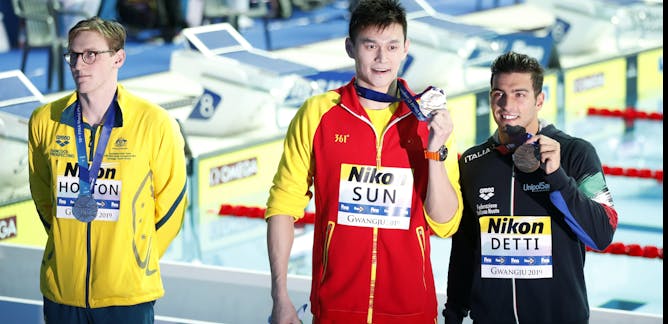
Daniel Read, Loughborough University
Why swimmers are protesting against China's Sun Yang at the World Championships.
|
|
|
| |
| |
| |
| |
Would you like to republish any of these articles?
|
|
It’s free to republish, here are the guidelines.
Contact us on africa-republish@theconversation.com in case you need assistance.
|
| |
| |
| |
| |
|
|
|
|
|
|
|